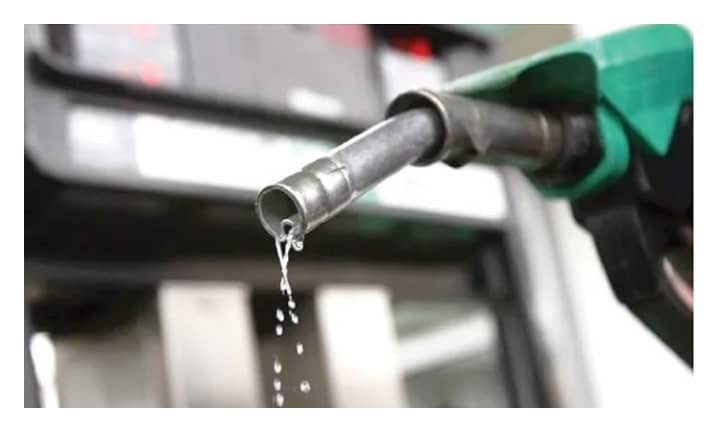The Burden of Fuel Imports: Inactive Refineries Cause Concern as N843 Billion is Spent Monthly
In a concerning development, the Nigerian National Petroleum Company Limited (NNPCL) has been forced to spend a staggering amount of N843 billion per month on importing Premium Motor Spirit (PMS), commonly known as petrol. This significant financial strain has been exacerbated by the inactivity of the country’s refineries, leading to growing concerns among stakeholders. In this blog post, we delve into the implications of this situation and explore potential solutions.
The Cost of Importation:
As the sole importer of petrol in Nigeria, NNPCL has been burdened with the responsibility of meeting the nation’s fuel demands. Due to the halt in oil swaps by the company, it has been compelled to resort to costly imports, resulting in a monthly expenditure of approximately N843 billion. This staggering figure highlights the financial strain faced by the country’s oil sector and raises pertinent questions about the sustainability of such imports.
The Issue of Inactive Refineries:
One of the key factors contributing to the heavy reliance on fuel imports is the inactivity of Nigeria’s refineries. These refineries, which have the capacity to refine crude oil into petroleum products, have been plagued by operational inefficiencies and maintenance challenges for years. As a result, they have failed to meet the nation’s fuel needs, forcing NNPCL to depend heavily on imports. This situation has not only impeded the country’s quest for energy self-sufficiency but has also placed a significant burden on its finances.
Implications and Stakeholder Concerns:
The continuous reliance on fuel imports has several adverse implications for Nigeria. Firstly, it puts a strain on the country’s foreign exchange reserves as a substantial portion is directed towards purchasing fuel from international markets. This, in turn, affects the overall stability of the Nigerian economy. Additionally, the high cost of imports contributes to the persistent fuel scarcity experienced by citizens, leading to inflated prices and economic challenges for businesses and individuals alike.
Stakeholders, including industry experts and concerned citizens, have expressed their frustration over the situation. They argue that the lack of progress in rehabilitating and optimizing Nigeria’s refineries is a missed opportunity for economic growth and job creation. They emphasize the urgent need for the government and relevant authorities to address this issue promptly and comprehensively in order to reduce the country’s dependence on fuel imports.
Finding Solutions:
Resolving the challenge of fuel imports and the inactive refineries requires a multi-faceted approach. Firstly, there is a need for substantial investment in the refurbishment and modernization of existing refineries. This will enhance their operational efficiency and increase their capacity to meet the nation’s fuel demands. Simultaneously, the government should explore partnerships with private investors to establish new refineries, leveraging their expertise and capital to improve the country’s refining capabilities. By diversifying the sources of fuel production, Nigeria can reduce its reliance on imports and create a more resilient energy sector.
The hefty financial burden of fuel imports and the inactive state of Nigeria’s refineries have become pressing issues. The country’s economy and citizens are adversely affected by the strain on foreign exchange reserves and the persistent fuel scarcity. Urgent action is required to revitalize the refineries, making them capable of meeting domestic fuel demands. By investing in refinery refurbishment and establishing new facilities through public-private partnerships, Nigeria can pave the way for energy self-sufficiency and economic growth. It






